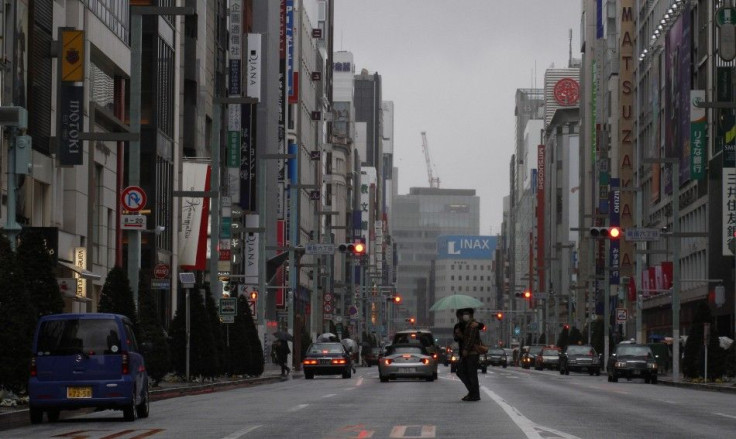25 foreign embassies in Tokyo have closed or moved due to nuclear scare

The nuclear emergency in Japan has led more than two dozen countries to either shut down their embassies in Tokyo or to relocate further south in the country, according to the Foreign Ministry.
There are 25 embassies which either temporary shut down or moved its function outside of Tokyo, according to the Japanese Foreign Ministry.
Foreign Minister Takeaki Matsumoto informed Agence France Presse that eight of [the embassies] had transferred their functions outside Tokyo or Japan. The rest have had their staff stay home. They have been changing its working arrangement day by day. At any rate, the Ministry of Foreign Affairs keeps in touch with the embassies temporarily transferred or embassy staff staying home, providing accurate information to the entire diplomatic corps.
The news arrived as Tokyo government officials warned that levels of radioactive iodine were detected in the city’s water supply, leading to an advisory that banned infants under the age of one from drinking tap water. Tokyo's water agency said the radiation most likely came from the quake-damaged Fukushima Daiichi nuclear plant, 150 miles to the north.
The foreign ministry said the following countries had closed or relocated: Angola, Bahrain, Benin, Botswana, Burkina Faso, Croatia, Dominican Republic, Ecuador, Finland, Germany, Ghana, Guatemala, Kenya, Kosovo, Lesotho, Liberia, Libya, Malawi, Mauritania, Mozambique, Namibia, Nepal, Nigeria, Panama and Switzerland.
Switzerland temporarily moved its embassy to Osaka, citing the very uncertain situation at the Fukushima nuclear plant.
Last week, the US State Department recommended the voluntary departure of embassy family members in Tokyo, including relocation to other areas within Japan.
© Copyright IBTimes 2025. All rights reserved.



















